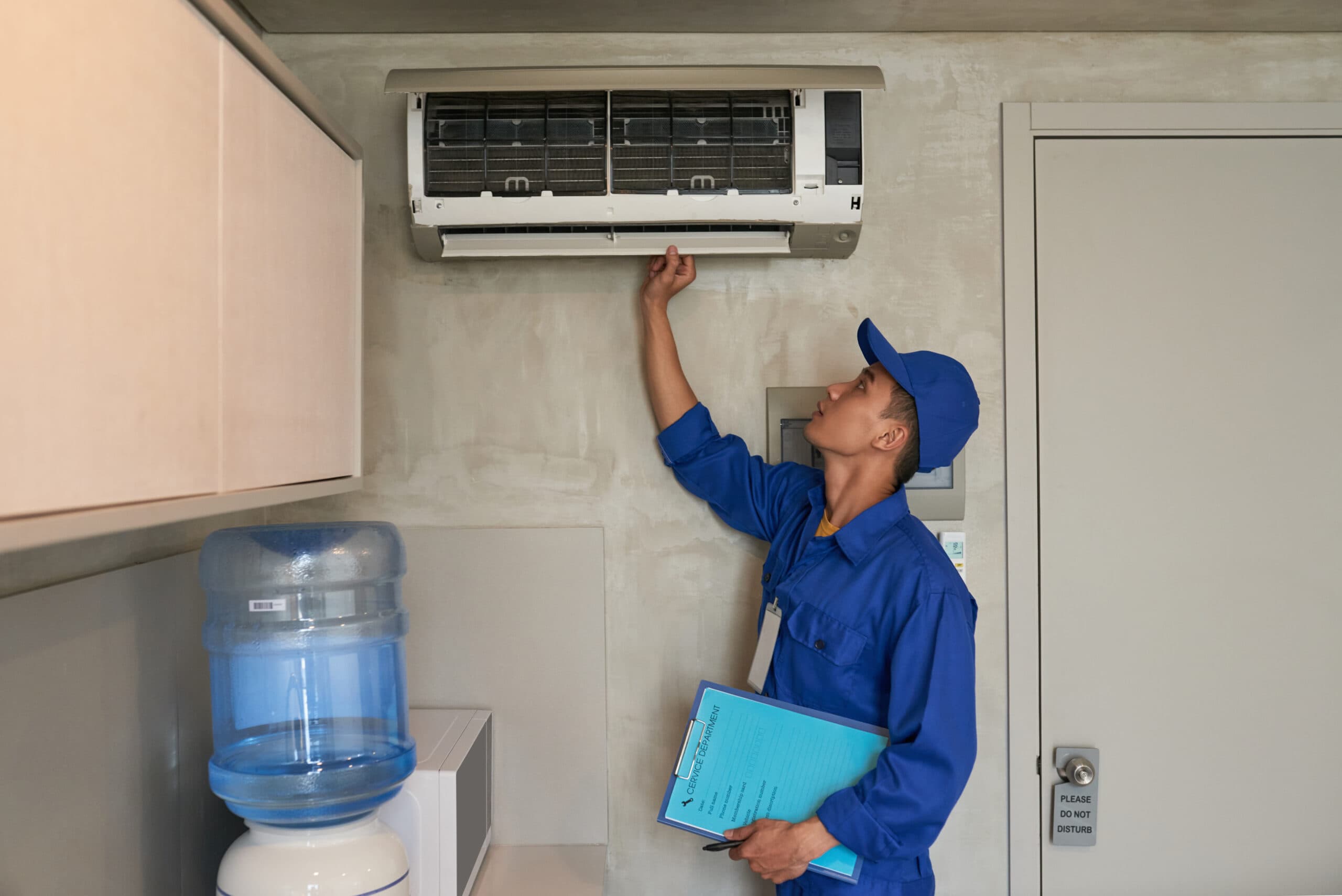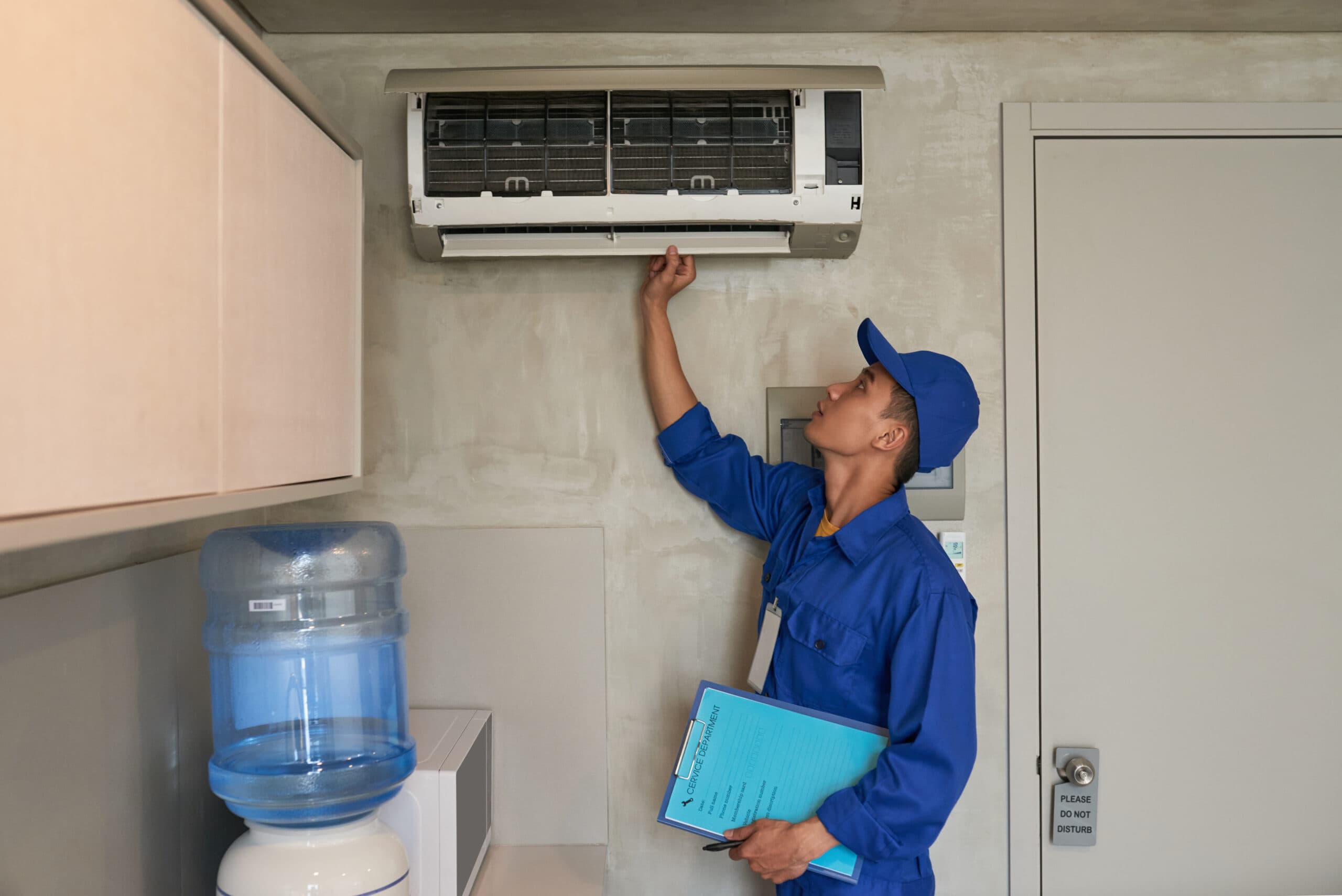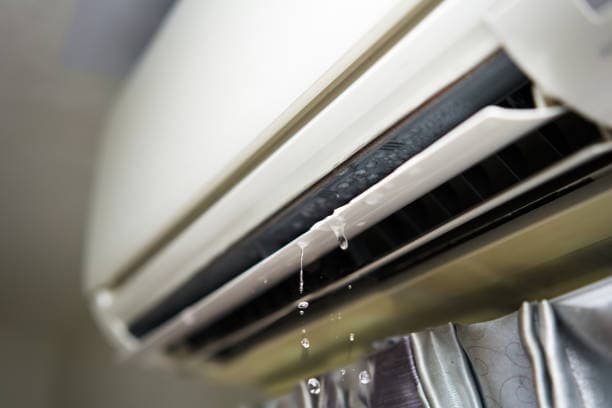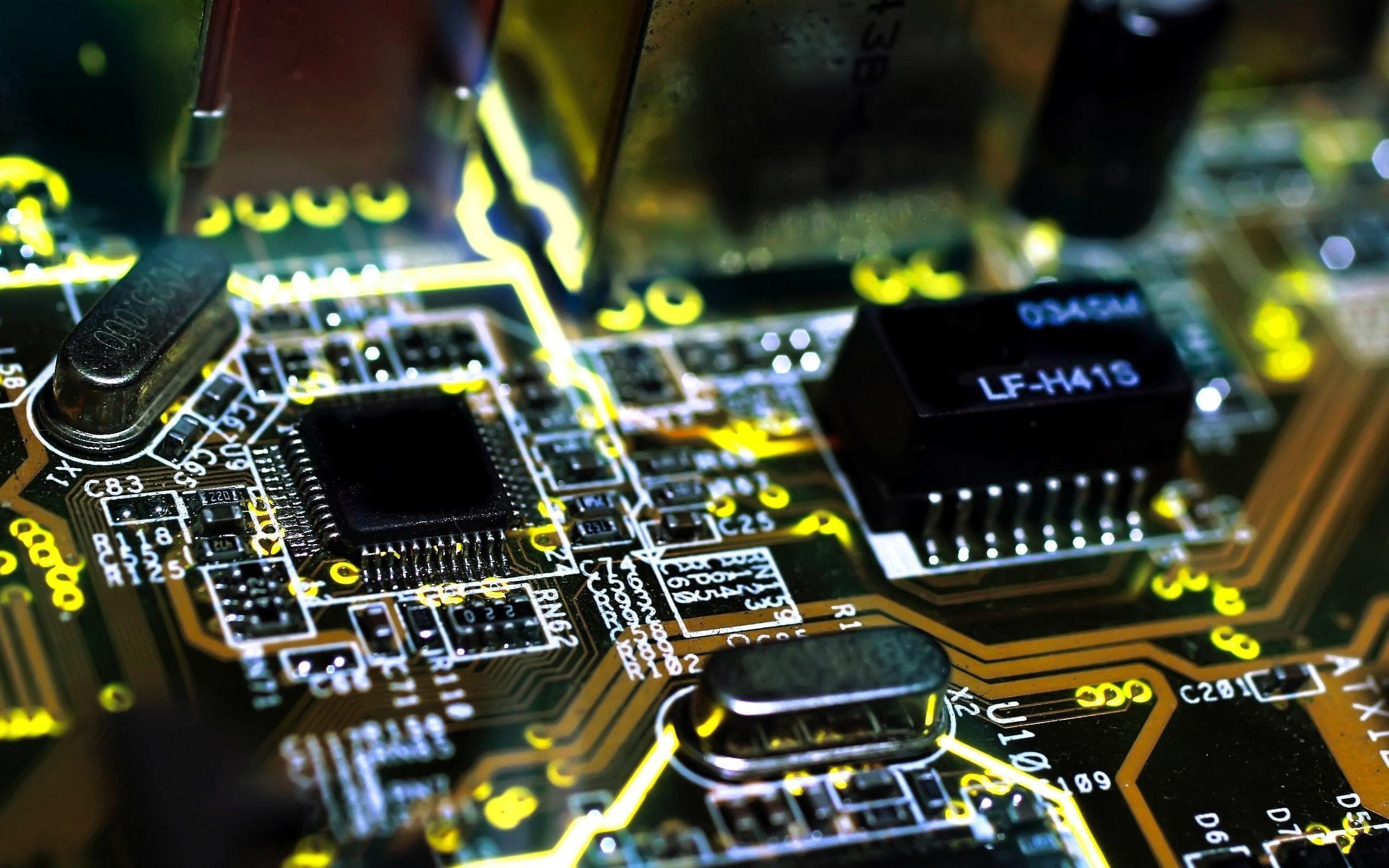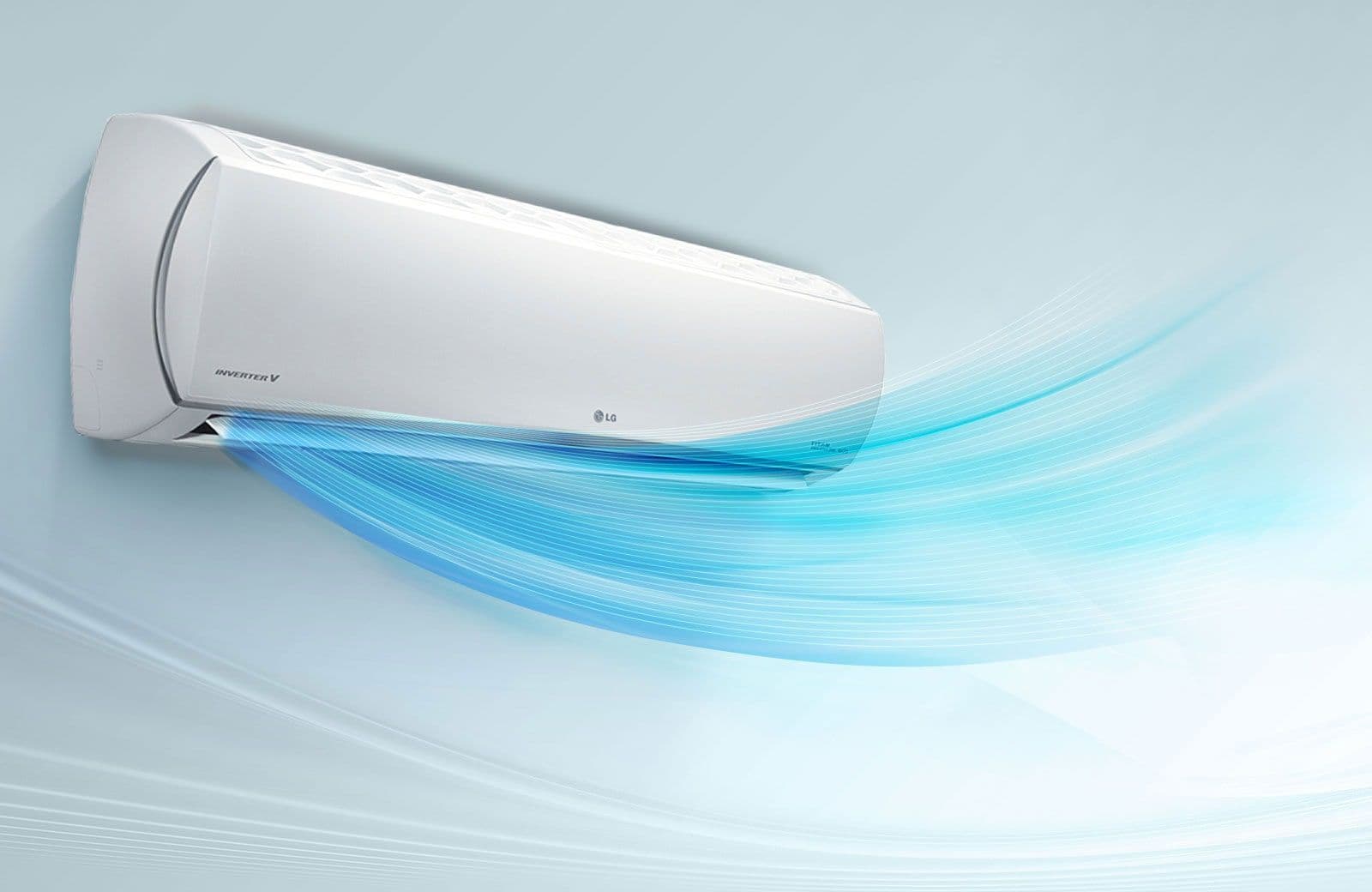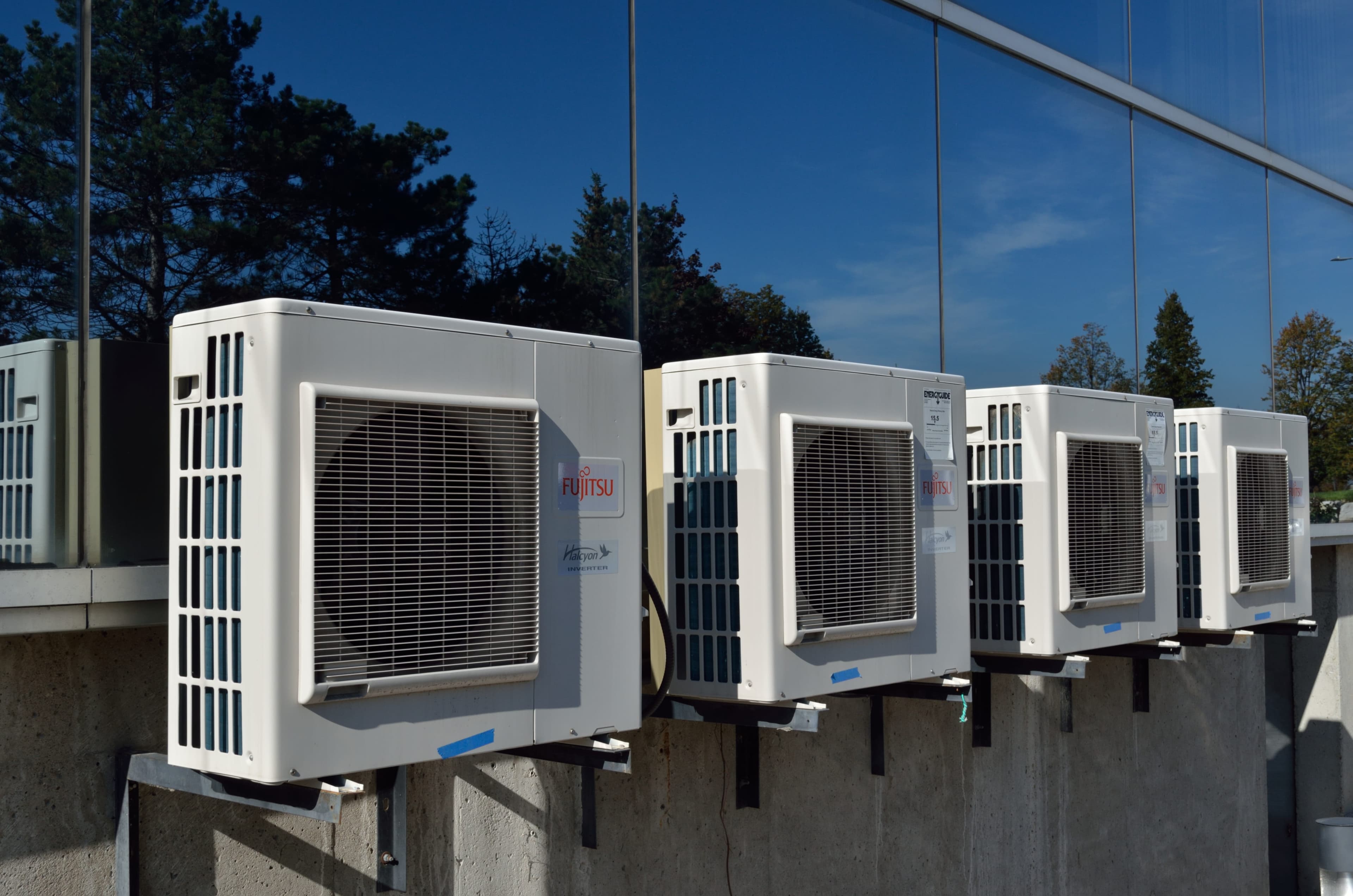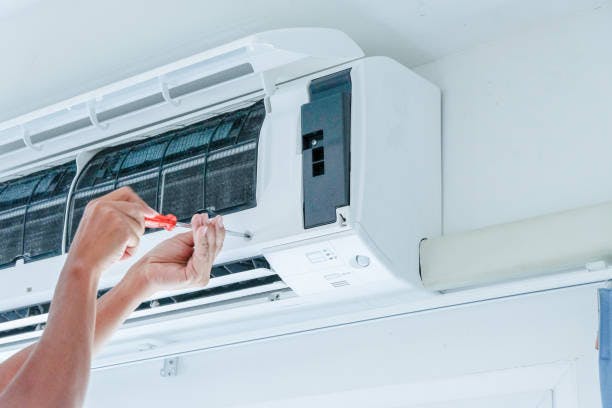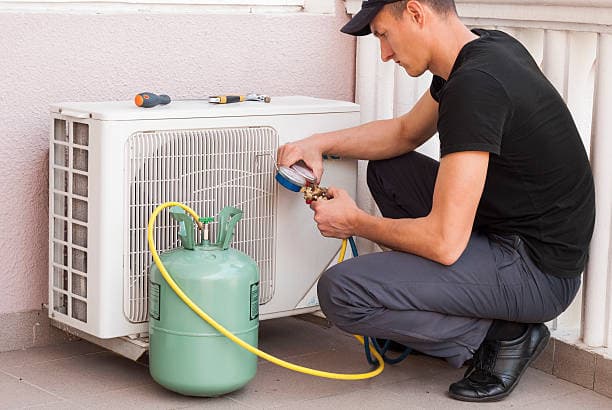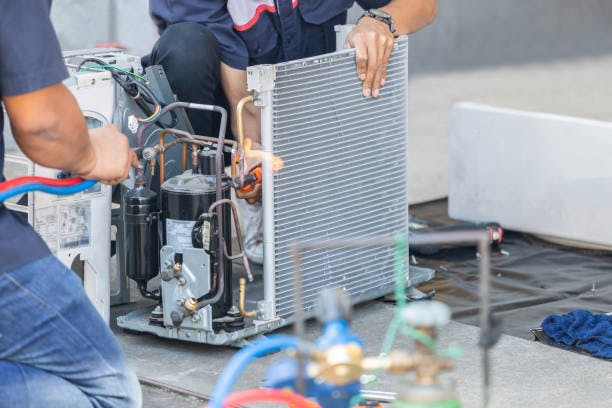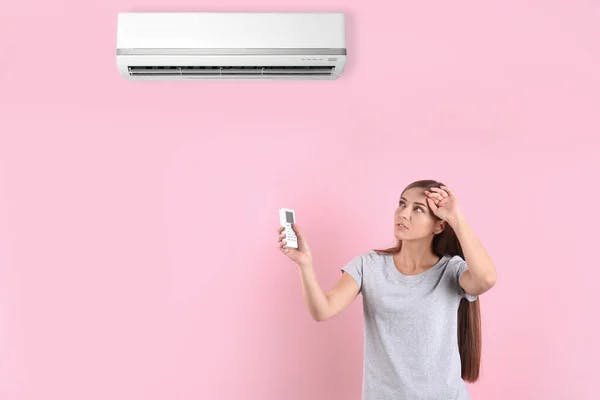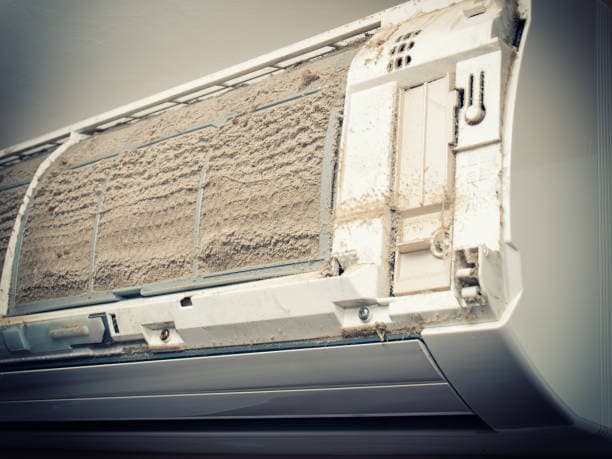In a tropical climate like Singapore, aircon is key for maintaining comfort at home and work. However, running your aircon often can lead to high energy bills. And that’s why optimizing your aircon for energy efficiency not only helps reduce these costs but also minimizes your environmental footprint. Read on to learn about some effective strategies to implement to your daily routine to make sure your aircon system operates at peak efficiency.
- 1. Regular Aircon Servicing
- 2. Seal and Insulate Your Home
- 3. Optimize Airflow and Ventilation
- 4. Upgrade to an Energy-Efficient Model
- 5. Maintain Optimal Temperature Settings
- 6. Use Curtains and Blinds
- 7. Consider a Smart Thermostat
- 8. Close Doors to Unused Rooms
- 9. Turn Off Other Heat-Generating Appliances
- 10. Consider Part-Time Helpers for Routine Maintenance
1. Regular Aircon Servicing
Do you service your aircon regularly? If not, do you know that regular aircon servicing is important to upkeep the efficiency and longevity of your unit? By doing so, professional technicians are able to clean the filters, coils, and fins to ensure that the system operates smoothly and effectively. Dirty or clogged filters also obstructs airflow, making the system work harder and consume more energy. Hence, scheduling regular aircon servicing with reliable professionals in Singapore keeps your aircon up-to-date and reduces energy consumption.
2. Seal and Insulate Your Home
Proper insulation and sealing of your home can prevent cool air from escaping and warm air from entering, which makes your aircon work less. Ensure that doors and windows are properly sealed to maintain a consistent indoor temperature. Adding insulation to your walls, attic, and floors can also help in keeping the cool air inside, thus enhancing the efficiency of your aircon system.
3. Optimize Airflow and Ventilation
Ensure that vents and registers are not blocked by furniture, curtains, or other obstructions. Proper airflow is essential for the efficient operation of your aircon unit. Using ceiling fans can also help distribute cool air more evenly throughout your home, allowing you to set the thermostat a few degrees higher without sacrificing comfort. Good ventilation can reduce the load on your aircon system, leading to energy savings.
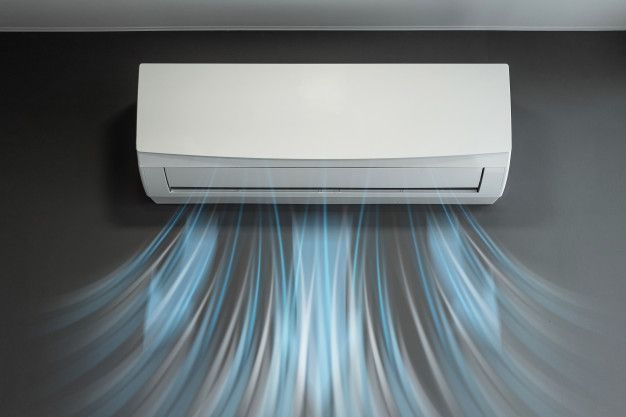
4. Upgrade to an Energy-Efficient Model
If your aircon is old, consider upgrading to a more energy-efficient model. Latest aircons come with advanced features such as inverter technology. Inverter technology adjusts the compressor speed according to the cooling demand, resulting in lower energy consumption. Look for units with high Seasonal Energy Efficiency Ratio (SEER) ratings, as these models are designed to be more efficient and environmentally friendly.
5. Maintain Optimal Temperature Settings
Setting your aircon to an optimal temperature can significantly impact energy consumption. The recommended temperature for energy efficiency is around 24-26 degrees Celsius. Avoid setting the thermostat too low, as this can increase energy usage and put unnecessary strain on your air conditioning system.

6. Use Curtains and Blinds
During the hottest parts of the day, use curtains and blinds to block out direct sunlight. This can help reduce the amount of heat entering your home, allowing your aircon to cool the space more efficiently. Reflective or blackout curtains are particularly effective in minimizing heat gain, which can lower the energy required for cooling.
7. Consider a Smart Thermostat
Investing in a smart thermostat can be a game-changer for optimizing your aircon’s efficiency. Smart thermostats learn your temperature preferences and adjust the cooling schedule based on your routines, ensuring that the aircon isn’t running when it isn’t needed. Many models also come with remote control capabilities, allowing you to adjust the temperature through an app. This way, you can set the aircon to turn on just before you arrive home, ensuring comfort without wasting energy.
8. Close Doors to Unused Rooms
Closing doors to rooms that don’t need cooling can help your aircon focus on the areas you use most. By minimizing the space your aircon needs to cool, you reduce the demand on the system, helping it to run more efficiently. If you live in a larger space, consider investing in a zoning system that directs cool air only to the areas you use most, which can greatly enhance your unit’s energy efficiency.
9. Turn Off Other Heat-Generating Appliances
Electronics and appliances like ovens, stoves, and computers generate heat, which can increase the temperature of your room and make your aircon work harder. To optimize energy efficiency, avoid using heat-producing devices in the same room as your aircon, especially during the hottest parts of the day. Instead, try cooking early in the morning or using energy-efficient appliances that produce less heat.

10. Consider Part-Time Helpers for Routine Maintenance
Sometimes, maintaining an aircon can be a tedious task. If you find it challenging to stay on top of routine cleaning, hiring a part-time helper could be a practical solution. Part-time helpers can handle aircon filter cleaning, vent dusting, and even window sealing, ensuring your aircon operates at maximum efficiency. Hiring professionals for these smaller tasks frees up your time and ensures that your aircon is well-maintained.
Final Thoughts
Although it may seem simple, optimizing your aircon for energy efficiency actually involves a combination of regular maintenance and simple but effective adjustments to your home environment. By following these tips, you can reduce energy consumption, lower your utility bills, and extend the lifespan of your aircon system. Reliable aircon servicing also plays a vital role in ensuring your unit operates at peak performance. So please remember to schedule regular maintenance with trusted professionals to keep your aircon running!


